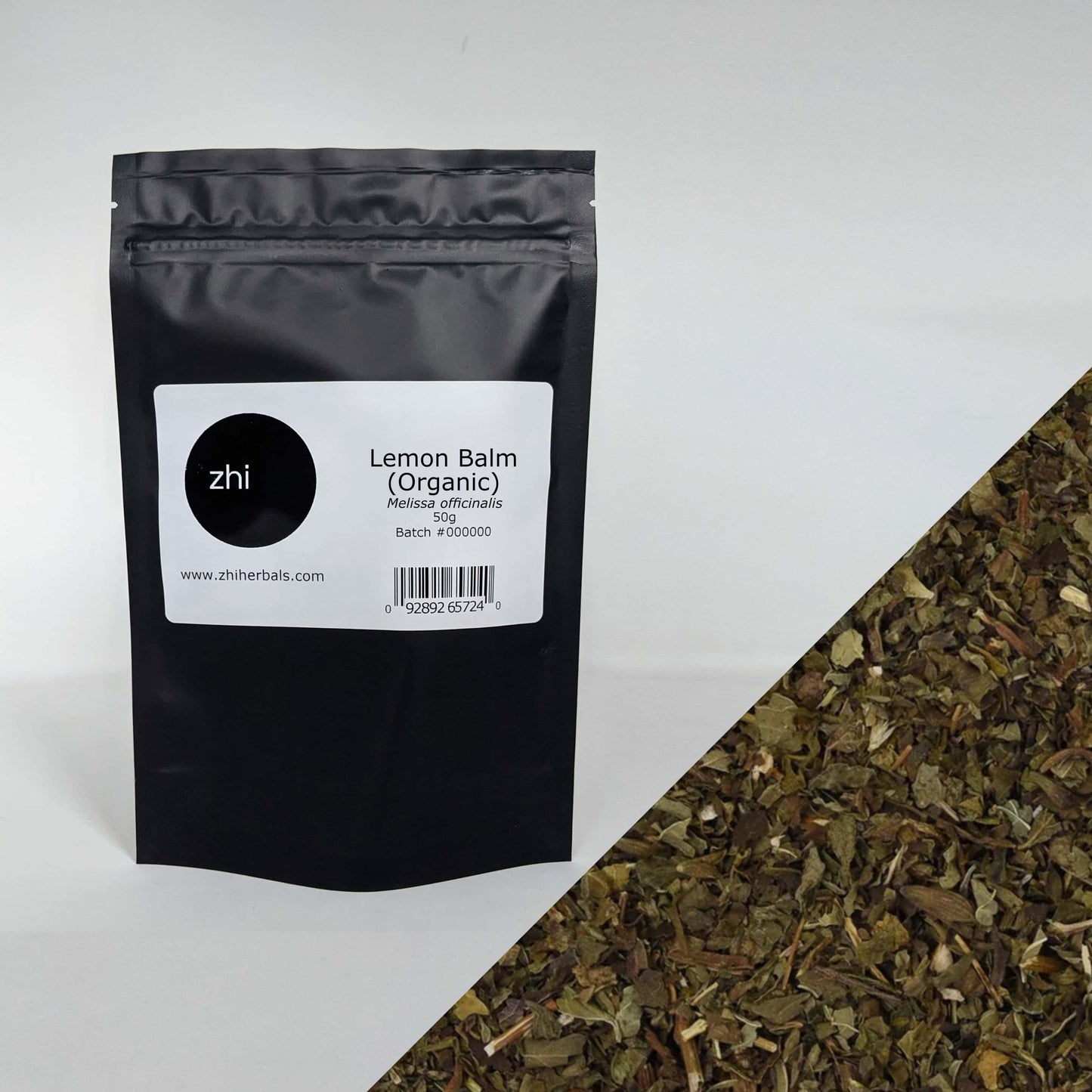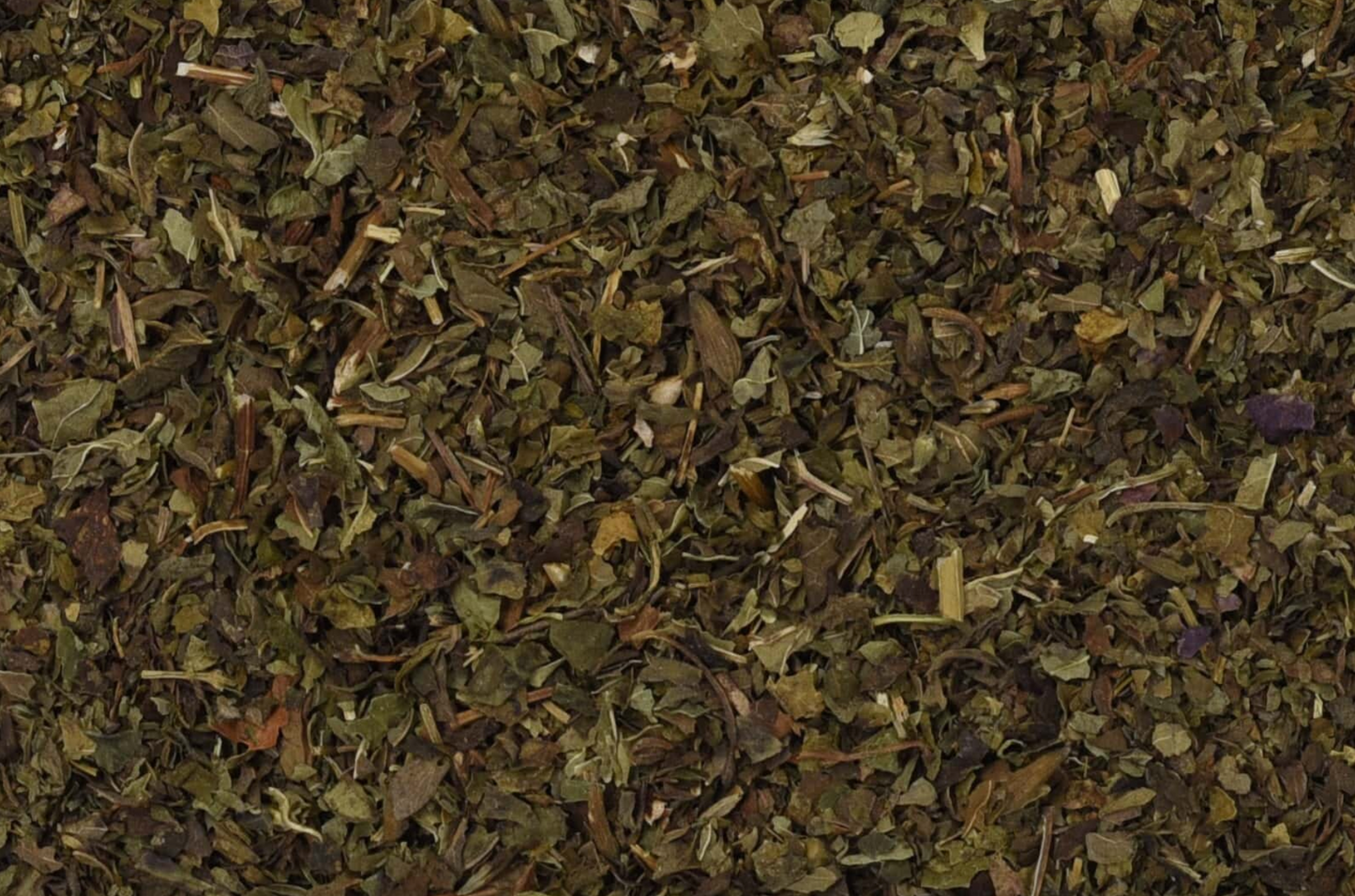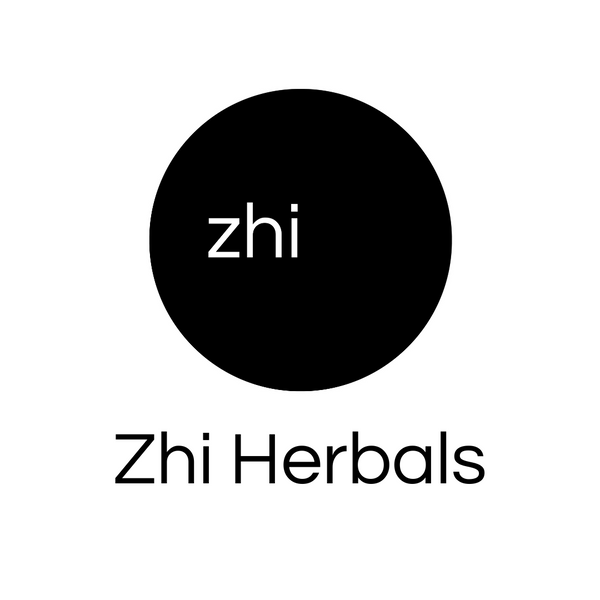Zhi Herbals
Lemon Balm (Organic)
Lemon Balm (Organic)
Couldn't load pickup availability
Common Name
Lemon Balm, Balm, Bee Balm, Melissa, Melissa Balm, Sweet Balm
Latin Name
Melissa officinalis
Origin
Albania
What Is Lemon Balm?
Lemon balm is an herb that has been used since at least 1098 C.E. It is a member of the mint family that is native to the Mediterranean, Africa, Asia, and Europe.
Lemon balm is often used both medicinally and as a culinary seasoning.
When the leaves of lemon balm are rubbed they become especially fragrant.
How to Use Lemon Balm (Common Uses)
Lemon balm can be taken internally as a tea, powder, or extract. Lemon balm works well both on its own and when combined with other herbs. It can also be used for cooking.
Medicinal Uses and Benefits of Lemon Balm
Lemon balm is a gentle herb. It is calming for both the spirits and digestive system.
Traditionally, lemon balm has been used for many of the same benefits that it is chosen for today.
Lemon balm is an antiviral herb, and can help to induce healing fevers and sweating. When used for this purpose, it is often combined with elderflower and peppermint.
Digestive issues such as gas and bloating can be aided by consuming lemon balm after a meal.
Lemon balm is mild and relaxing, and can be used both during the day for anxiety and at night as a sleep aid. It may be able to help reduce muscle spasms, and is a favorite herb of those who suffer from stress-induced headaches.
Lemon balm may have have some benefits for depression, and has recently been gaining popularity for its uses as a nootropic. For mood related issues, lemon balm is often combined with St. John’s wort.
Lemon balm can help to reduce histamine, and can be beneficial for allergies. It plays a key role in our Allergy Relief Tea.
When used in the appropriate dose, lemon balm is gentle enough to be given to children.
Traditional Chinese Medicine (TCM) considers lemon balm to be energetically cooling and drying.
Active Constituents in Lemon Balm
Volatile oil, polyphenols, tannins, flavonoids, phenolic acids.
Notable Facts About Lemon Balm
The herbalist Nicholas Culpepper considered lemon balm to be associated with the planet Jupiter, the zodiac sign of Cancer, and the element water.
Lemon balm has been used in the past for spells to heal broken hearts and to attract romantic love.
The name ‘Melissa’ comes from the Greek word for honeybee, and is given due to the intensity with which bees love this herb.
In ancient Greece, students were given springs of lemon balm to wear in their hair while studying, as lemon balm was thought to help strengthen the mind.
Share


Such an amazing company! They had everything I needed to make my tea (to aid digestion). I was pleasantly surprised to find out that delivery was free & fast!
Also the tea is working very well to aid my digestive issues.
Lemon balm cures my day: awesome product, great delivery; Zhi herbals is a blessing. Jesus is Lord.
Fast shipping, great product and packaged nicely!
excellant service and delivery
Lemon Balm cures my stressful day. Great product, fast delivery, your business is a true blessing.


